Artificial Intelligence (AI) is revolutionizing many fields, and SEO (Search Engine Optimization) is no exception. With increasingly powerful tools, AI is changing the way businesses optimize their online presence. However, like any tool, it has both advantages and limitations. Here’s how AI impacts SEO and what you need to know to use it effectively.
Advantages of AI in SEO
1. Fast and in-depth data analysis
AI can process vast amounts of data in record time. AI-powered tools analyze traffic, keywords, and page performance with unmatched precision. This ability provides SEO specialists with valuable insights to refine their strategies.
For example, tools like SEMrush or Ahrefs, enhanced by AI, can identify keyword and backlink opportunities more effectively than manual analysis.
2. Personalization and optimized content
AI helps create content that is perfectly tailored to user search intent. With technologies like Natural Language Processing (NLP), AI-generated tools offer text that is better aligned with both user expectations and search engine requirements.
Additionally, AI personalizes the user experience by predicting needs, which improves conversion rates.
3. Automation of repetitive tasks
Certain SEO tasks, such as keyword research, on-page optimization, or backlink tracking, can be automated using AI. This saves valuable time for specialists and allows them to focus on more strategic aspects.
4. Improved SEO forecasting
AI algorithms can predict user behavior and trends. This helps anticipate changes in search engine result pages (SERPs) and adjust strategies before they become outdated.
Disadvantages of AI in SEO
1. Dependence on tools
The increasing use of AI creates a reliance on tools. SEO specialists may end up relying solely on these technologies without fully understanding the basics of SEO. This dependency can limit creativity and adaptability.
2. Quality and authenticity of content
While AI makes content generation easier, it doesn’t always guarantee optimal quality. The generated text may lack originality, which can harm brand image and search engine ranking, especially with algorithms that prioritize authentic content.
3. Risk of errors in predictions
AI algorithms, although effective, can sometimes generate errors. Misinterpreting data or incorrect predictions can lead to counterproductive decisions, such as targeting the wrong keywords or implementing ineffective strategies.
4. Cost of advanced tools
AI-powered SEO tools, although effective, can be expensive for small businesses. These costs may pose a barrier for those with limited budgets.
Artificial Intelligence offers undeniable benefits for SEO: speed, precision, and the ability to predict trends. However, its use requires a thoughtful approach to avoid the pitfalls of technological dependence or declining content quality.
To get the most out of AI, it’s essential to combine it with human expertise and a solid SEO strategy. If you’re looking to optimize your SEO while mastering new technologies, AI is a valuable tool to incorporate—but never use it blindly.
Thalia Agency creates your website avec un référencement optimal.



